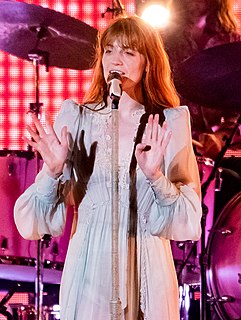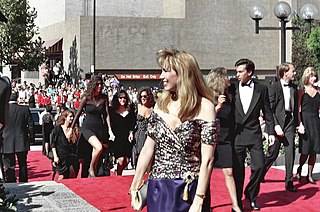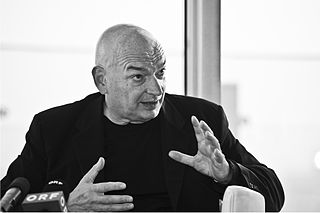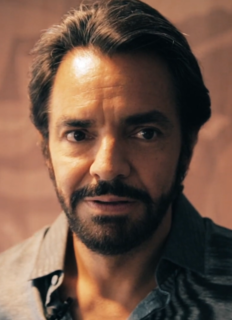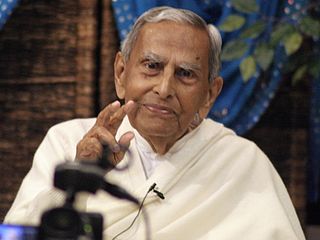A Quote by Nicholas Kristof
Wilderness trails constitute a rare space in America marked by economic diversity. Lawyers and construction workers get bitten by the same mosquitoes and sip from the same streams; there are none of the usual signals about socioeconomic status, for most hikers are in shorts and a T-shirt and enveloped by an aroma that would make a skunk queasy.
Quote Topics
Related Quotes
At the beginning of my career I was going through a really weird phase of dressing in boys clothes. I would only wear one American Apparel T-shirt and shorts and brogues the whole year round. Not the same T-shirt, obviously, but one style of American Apparel T-shirt. I think I was going through a tomboy stage.
You know what I miss? The energy of live audiences, because there's no substitute for that exchange that you get in real time when you're sharing a moment, a same with people who are in that same time and space with you. I really just love that. I enjoy it when I get to travel and make speeches now. I like that a lot too. But that's probably the thing that I miss the most about hosting my own show.
The bad things the U.S. health care system are that our financing of health care is really a moral morass in the sense that it signals to the doctors that human beings have different values depending on their income status. For example, in New Jersey, the Medicaid program pays a pediatrician $30 to see a poor child on Medicaid. But the same legislators, through their commercial insurance, pay the same pediatrician $100 to $120 to see their child. How do physicians react to it? If you phone around practices in Princeton, Plainsboro, Hamilton - none of them would see Medicaid kids.
When the wilderness movement emerged, it emerged separate from the issue of social inequality and the economic problems of survival. It was a preservationist ecology movement created by an occupying culture. Clearly, a wilderness movement started by Native Americans would not have had the same roots.
I am asserting that those who love the wilderness should not be wholly deprived of it, that while the reduction of the wilderness has been a good thing, its extermination would be a very bad one, and that the conservation of wilderness is the most urgent and difficult of all the tasks that confront us, because there are no economic laws to help and many to hinder its accomplishment.
Look, America is no more a democracy than Russia is a Communist state. The governments of the U.S. and Russia are practically the same. There's only a difference of degree. We both have the same basic form of government: economic totalitarianism. In other words, the settlement to all questions, the solutions to all issues are determined not by what will make the people most healthy and happy in their bodies and their minds but by economics. Dollars or rubles.
Every person has the power to make others happy. Some do it simply by entering a room others by leaving the room. Some individuals leave trails of gloom; others, trails of joy. Some leave trails of hate and bitterness; others, trails of love and harmony. Some leave trails of cynicism and pessimism; others trails of faith and optimism. Some leave trails of criticism and resignation; others trails of gratitude and hope. What kind of trails do you leave?
Immigrant families have integrated themselves into our communities, establishing deep roots. Whenever they have settled, they have made lasting contributions to the economic vitality and diversity of our communities and our nation. Our economy depends on these hard-working, taxpaying workers. They have assisted America in its economic boom.
This is what happens to man in death. He puts off his overcoat, or what we call the physical, the gross body, and he is clothed in what, for the time being, I would call the astral body. The man continues to be the same, even as I would continue to be the same, if I took off this shawl. I would then appear to you in my shirt, but I would continue to be the same man.

